Customs and Border Protection (CBP) in mid-October to discuss screening efforts related to foreign animal disease (FAD) prevention. The meeting between swine industry organizations and CBP was to communicate frustration with an apparent lack of entry controls as evidenced by the self-reporting being sent to SHIC. This process is essential and must be continued to keep up appropriate prevention efforts at our borders to safeguard the health of the US swine herd. CBP was receptive to the concerns and committed to investigating the issue further.
With an average of 4505 interdictions/seizures per day by CBP of prohibited products, it is clear the risk remains significant. Of those interdictions/seizures, nearly a quarter of the total, 1130, are meat or meat products. CBP said pork is the third most common item to be discovered, behind apples and bananas.
Over the last year, CBP has refined targeting and analysis to increase their proficiency rate, resulting in a better proportion of seizures to inspections. Additionally, CBP is using algorithms to augment the inspection process of high-risk flights and travelers. There’s also a plan to increase canine teams for searches over the next four years. Both personnel and dogs need to go through training to be deployed in this effort. CBP’s cardboard signs in airports have been supplemented with running messages on monitors to make it easier to change or modify the messages for travelers, another proactive step for prevention.
CBP reiterated the importance of self-disclosure by travelers. International travelers returning to the US who indicate they have been on a farm, or within close proximity to livestock, on US Customs declaration forms or by using CBP kiosks should automatically undergo a secondary inspection and have a conversation with a CBP Agriculture Specialist at the airport. If not provided a declaration form on prompt at a kiosk, travelers should disclose necessary declarations to the first CBP employee they encounter during processing.
If you are not directed to secondary screening, demand this action be taken. Also, send an email to SHIC Executive Director Dr. Paul Sundberg at [email protected], letting him know of this situation, including the following information:
Thank you for your help as we continue to implement steps designed to reduce the risk of African swine fever or other foreign animal disease spreading to the US swine herd.
Funded by America’s pork producers to protect and enhance the health of the US swine herd, the Swine Health Information Center focuses its efforts on prevention, preparedness, and response. As a conduit of information and research, SHIC encourages sharing of its publications and research for the benefit of swine health. Forward, reprint, and quote SHIC material freely. For more information, visit https://www.swinehealth.org or contact Dr. Paul Sundberg at [email protected].
Copyright 2024 | Swinehealth.org | Website by Heartland Marketing Group